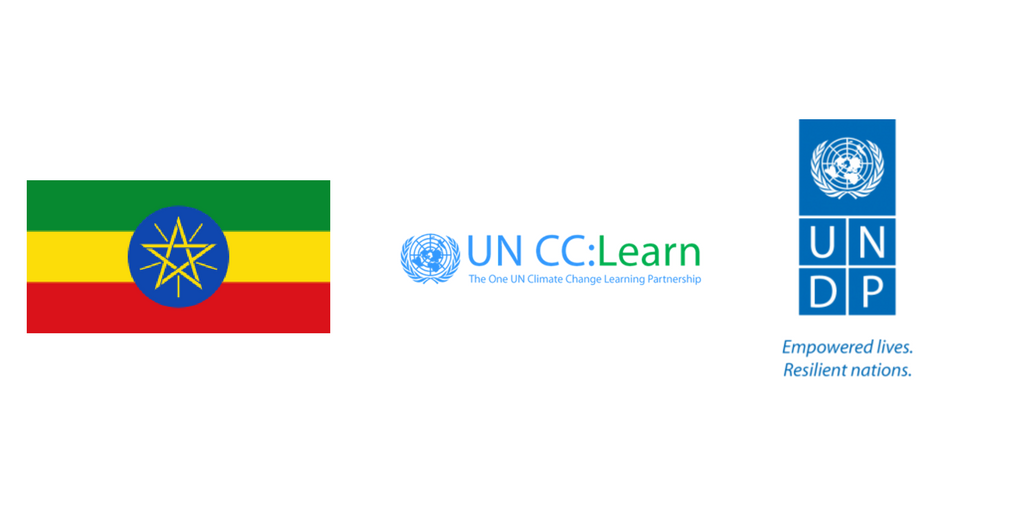Ethiopia has launched a new national climate change education strategy that seeks to create environmentally conscious citizens through turning, by 2030, every school in the country into champions for building a climate resilient green economy.
Climate change is a living threat to Ethiopia and it was in response to this threat that the Government of Ethiopia developed the Climate Resilient Green Economy Strategy (CRGE) in 2012.
UN CC:Learn initiative in Ethiopia was launched in September 2016 and covers the period from 2017 to 2030. The initiative is not only demand-driven and country-owned, but it’s aligned with the national normative frameworks including the CRGE, the Growth and Transformation plan, as well as education sector policy.
By 2020, the new strategy will enhance the level of integration of climate change education into the formal education system so that schools have greater and more meaningful involvement in the implementation of the CRGE.
Lead government agencies for implementing, monitoring and assessment of the strategy and priority actions are the Ministry of Environment, Forest and Climate Change (MEFCC) and the Ministry of Education (MoE). The United Nations Development Programme (UNDP) and the United Nations Institute for Training and Research (UNITAR) supported the development of the strategy and priority actions as well as the stakeholder consultations to ensure national buy-in.
Key intervention areas of the first cycle of the CCE Strategy (2017-2020) include:
- facilitate setting up of an enabling policy and institutional frameworks at national and sub-national levels with a view to fostering sustainable climate change learning;
- enhance the level of integration of climate change education in the curricula of the formal education system of Ethiopia;
- support extra-curricular activities and further the integration of CCE among formal, non-formal and informal education systems.
Other actions prioritized for 2017 include the development of framework document for curricular revision, which will be followed by the production and dissemination of complementary climate change learning resources and teachers’ orientations targeting both primary and secondary education levels.
For further information regarding the Climate Change Education Strategy of Ethiopia 2017-2020, click here

